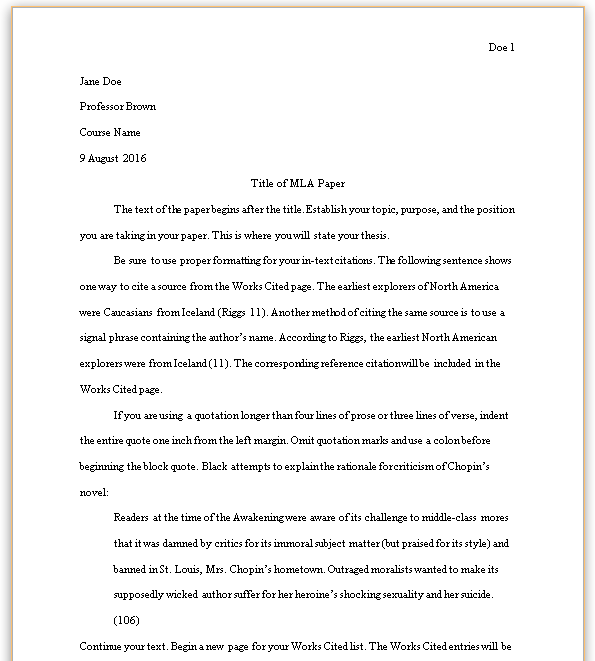How to Improve Your Academic Writing Skills
Introduction
Academic writing can be challenging, especially for those who are just starting. However, improving your academic writing skills is essential for success in your courses and future career. Whether you’re writing nursing papers, healthcare reports, or medical research, honing your writing ability ensures you can effectively communicate complex ideas.
In this post, we’ll cover practical strategies to enhance your academic writing, helping you write clearer, more concise, and well-structured papers.
1. Understand the Basics of Academic Writing
- Structure: Academic writing follows a clear structure – introduction, body paragraphs, and conclusion.
- Tone and Style: Use formal, impersonal language. Avoid colloquial language, contractions, or overly casual phrases.
- Clarity: Avoid ambiguity by being direct and precise. Break down complex ideas into manageable chunks.
2. Focus on Organization
- Outline Your Paper: Before you start writing, create an outline to organize your ideas. This helps you stay focused and ensures your arguments are logical and connected.
- Use Headings and Subheadings: Break your content into smaller sections using headings and subheadings to make it easier for readers to follow.
- Logical Flow: Each paragraph should flow smoothly from one idea to the next. Start with a topic sentence, followed by evidence or explanations, and end with a concluding sentence that connects to the next point.
3. Master Citation and Referencing
- Understand Citation Styles: Most academic papers require specific citation styles like APA, MLA, or Chicago. Understand the format and stick to it consistently throughout your paper.
- Use Citation Tools: Tools like Zotero or EndNote can help manage citations and automatically generate reference lists, saving time and avoiding errors.
4. Develop Critical Thinking and Analysis
- Analyze Your Sources: Don’t just summarize your sources; critically evaluate their strengths and weaknesses. Discuss how they relate to your thesis.
- Synthesize Information: Combine different sources and viewpoints to create a comprehensive understanding of your topic.
- Argumentation: Support your thesis with well-structured arguments and evidence, making your claims convincing and authoritative.
5. Proofread and Revise
- Take Breaks: After writing your paper, take a break before proofreading. Fresh eyes can spot errors that you might miss right away.
- Focus on Grammar and Syntax: Check for grammatical errors, punctuation mistakes, and sentence structure issues.
- Seek Feedback: Ask peers, tutors, or professors for feedback. Having someone else review your work helps catch mistakes and improve clarity.
Conclusion
Improving your academic writing skills takes time and effort, but with consistent practice, you’ll become a more effective writer. Apply the tips mentioned in this post to improve your structure, clarity, and overall writing proficiency.


